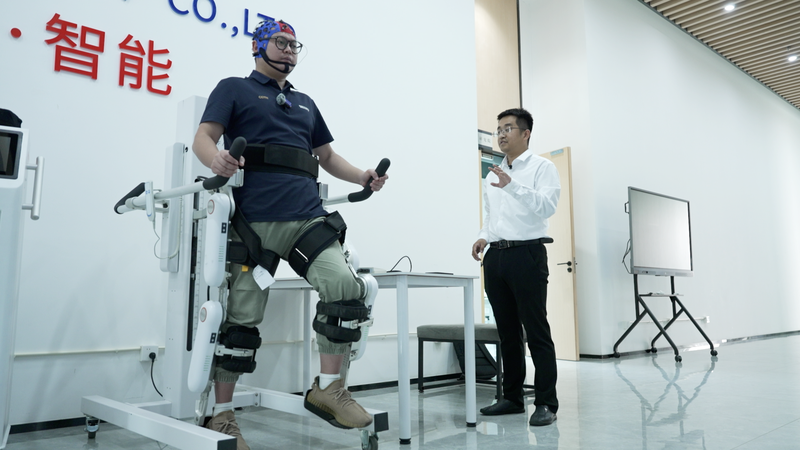Chengdu, in the southwest of the Chinese mainland’s Sichuan Province, is fast becoming a hub for brain computer interface (BCI) innovation. Researchers and clinicians are collaborating to test and apply BCI systems that decode neural signals, offering new treatment paths for patients with neurological disorders.
In recent trials, stroke survivors and patients with spinal injuries have used non-invasive BCI headsets to control robotic limbs and computer cursors. By mapping brainwave patterns, these systems translate thoughts into actions, helping patients regain mobility and independence.
'The progress we’ve seen in just a few months is astonishing,' says Dr. Wang, a neuroscientist leading the pilot program. 'Participants have reported measurable improvements in muscle control and communication.'
Beyond clinical care, local startups are exploring BCI applications in virtual reality, gaming, and assistive devices, setting the stage for broader tech innovation. As this field evolves, Chengdu’s research community is bridging science and real-world impact, paving the way for next-gen neuroscience breakthroughs.
Reference(s):
Brain computer interface tech benefits patients in Sichuan, SW China
cgtn.com




